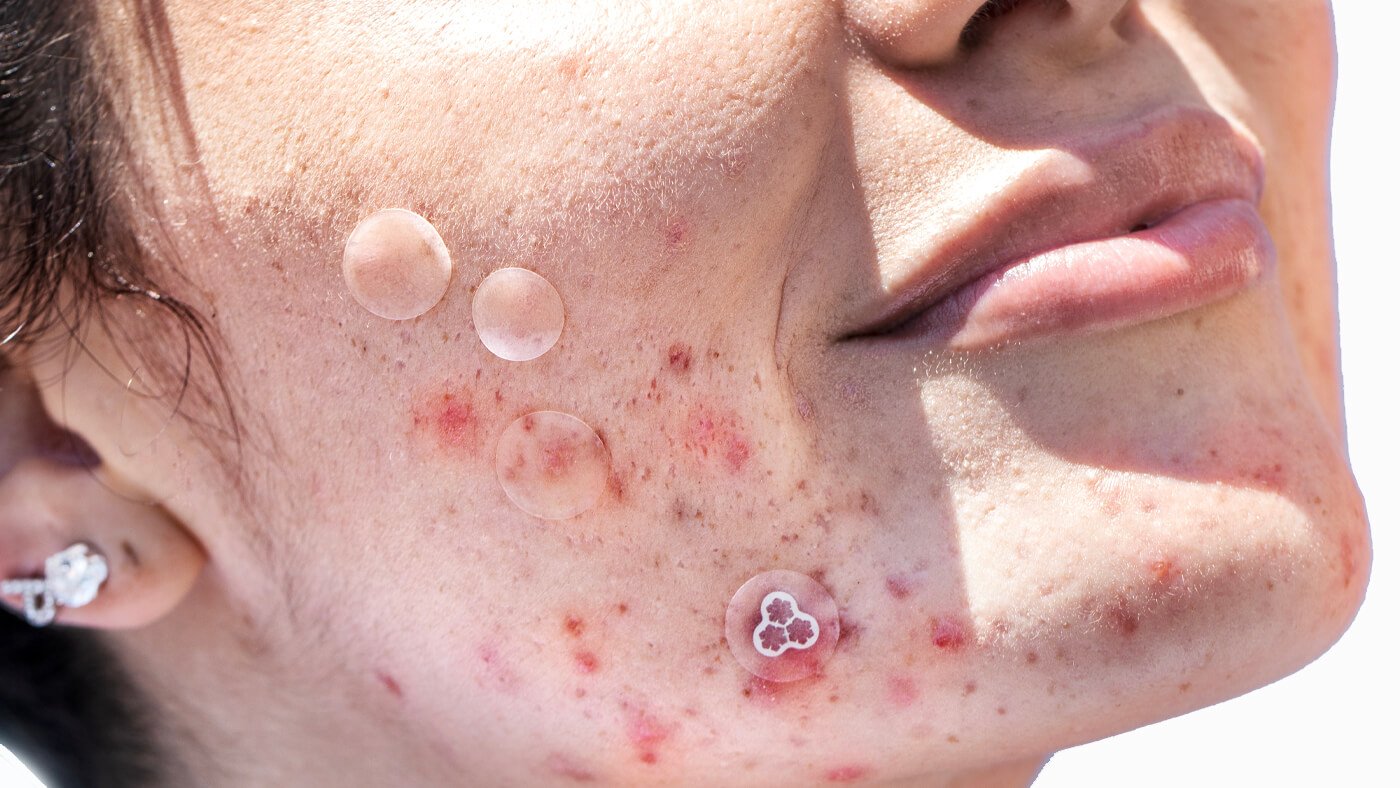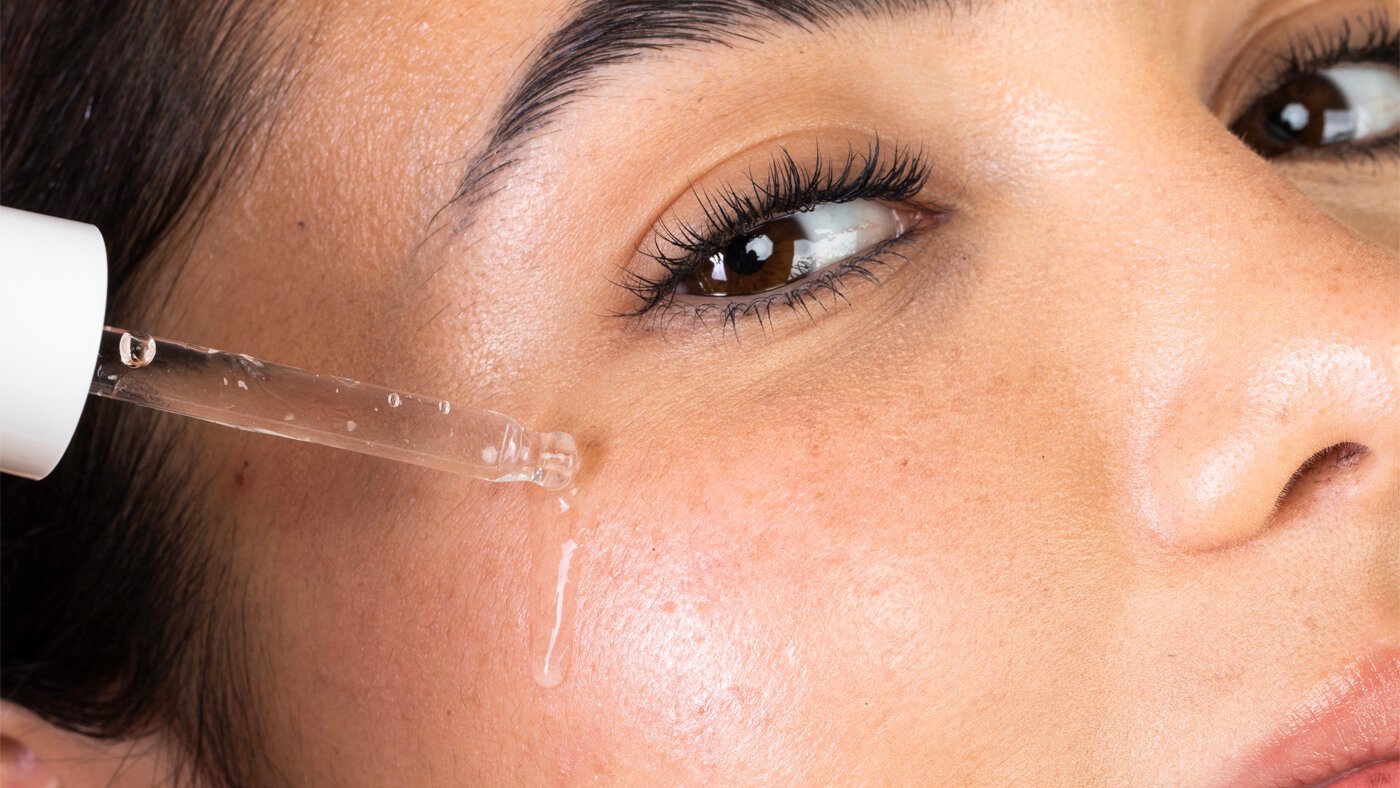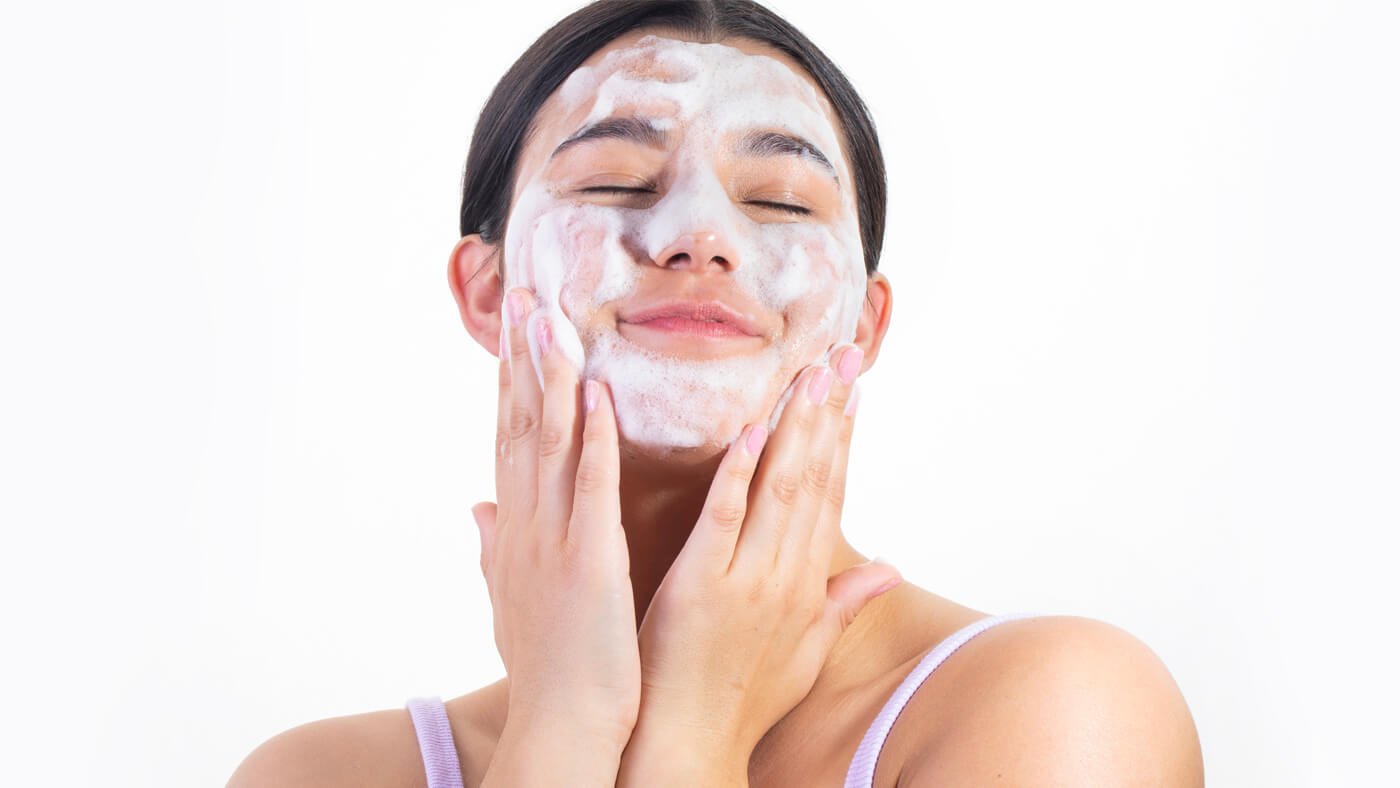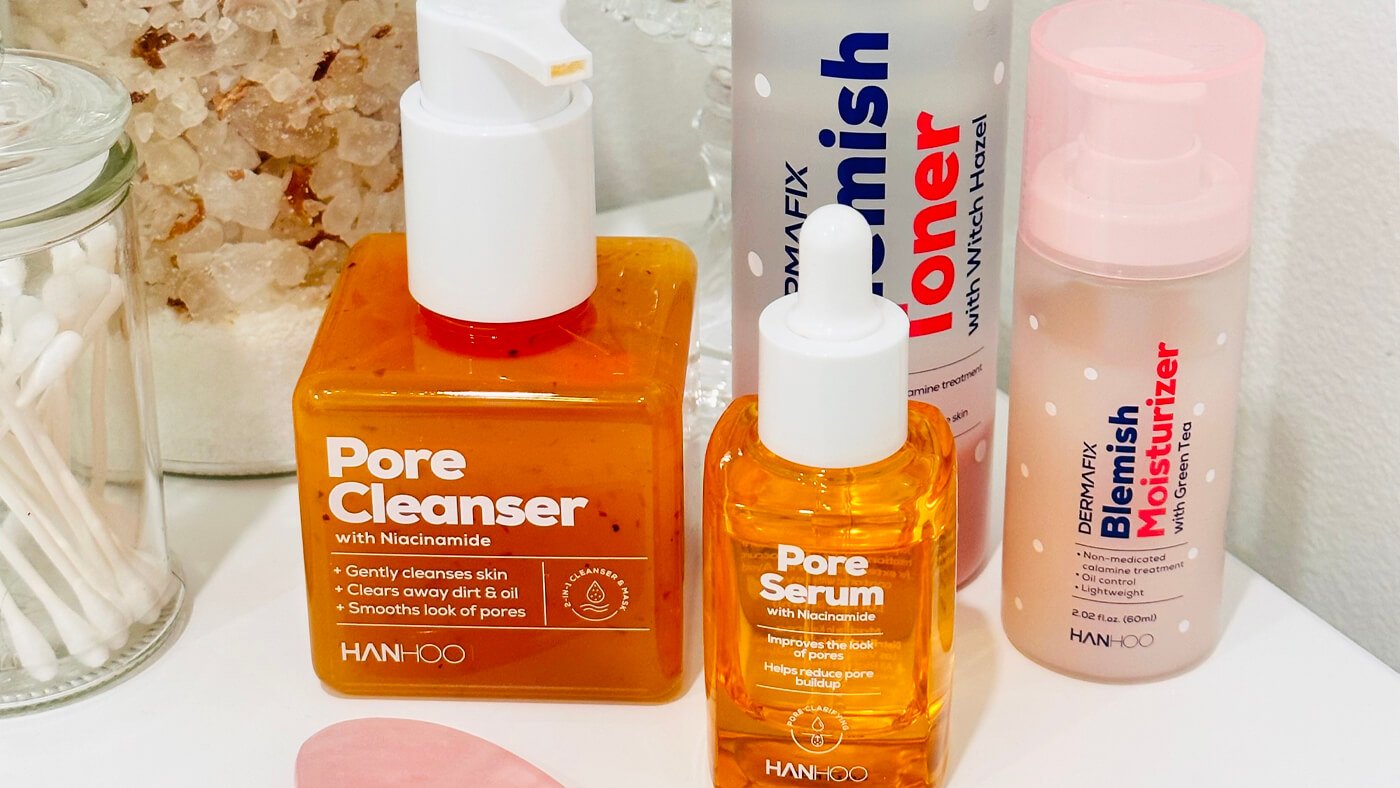Have you ever tried using a new skincare product that appears seemingly harmless but caused a reaction on your skin?
Or maybe you’ve noticed that certain skincare products, while they work great for some people, they don't do so much for you. Maybe it has caused redness, irritation, or itchiness where on other people they didn’t seem to trigger such a harsh reaction.
If so, your skin may be sensitive. For example, lots of people love Salicylic Acid for its exfoliating properties but, it may not be great for you if you have sensitive skin, especially if it has a high percentage of the ingredient.
Actives and higher concentrations of ingredients like AHAs, BHAs, and Retinoids can trigger an unwanted reaction in sensitive skin types if you aren’t careful about how you use these types of products.
And on top of that, some products with alcohols or fragrances can also cause reactions.
With all these ingredients and products you have to avoid, It can be tricky to navigate the world of skincare when you have sensitive skin.
Signs that you have sensitive skin
If you are unsure whether you have sensitive skin or maybe you just had a reaction to a particular product for whatever reason, check out some common signs you may experience if you have sensitive skin:
Your skin gets easily irritated
Skin reactions aren’t just limited to skincare products you are testing out. Other products like fabric detergents, soaps, or fragrances can also cause negative reactions on the skin like rashes, swelling, redness, and/or irritation.
Even the weather can affect sensitive skin, like extreme heat or extreme cold may induce reactions in the skin.
Fragranced products and your skin don’t mesh well
Sensitive skin types often have issues with products that are fragranced, whether it's perfumes or scented beauty products. Unfortunately it's not just artificial fragrances that you have to watch out for either. Natural fragrances can also trigger sensitive skin reactions.
Certain skincare products make your skin red and/or irritated
Apart from skincare products with added fragrance, other ingredients in skincare products can also cause a reaction, like alcohols, artificial colors, and some stronger actives. If some exfoliants or retinoids cause redness or a burning sensation in your skin, that doesn’t mean they are working but actually irritating the skin.
You breakout easily
Sensitive skin types can be more prone to breakouts especially when trying out new skincare products. If you aren’t careful about the ingredients you’re using, it’s not just redness and irritation you have to contend with but also breakouts.
You often experience redness, flakiness, or irritation
While there are a number of sources that can cause redness, flakiness, and irritation, it's important to pay attention to the circumstances. For example, is your skin just red because it’s hot outside? If so, then you likely don’t have sensitive skin, it’s just a bit too warm out.
But, if the redness lingers for much longer than normal, skin sensitivity may be the issue. Some extreme weather conditions can trigger reactions in sensitive skin.
What to avoid if you have sensitive skin
If the above seems to apply to you to a T, then you may have sensitive skin. And, while it may be tricky to set up a skincare routine for sensitive skin, it’s not completely impossible. You just have to be mindful of what products and ingredients you are using.
Here are some quick tips:
- Stick to fragrance-free, alcohol-free formulas
- Try products specifically formulated for sensitive skin
- Patch test new skincare products
- Use products/ingredients to support your skin barrier
- Use mild cleansers, avoiding harsh scrubs
- When exfoliating, take it slow (start off exfoliating once a week)
Additionally, you can seek professional help from a dermatologist to determine the level of sensitivity of your skin and identify any specific triggers.




